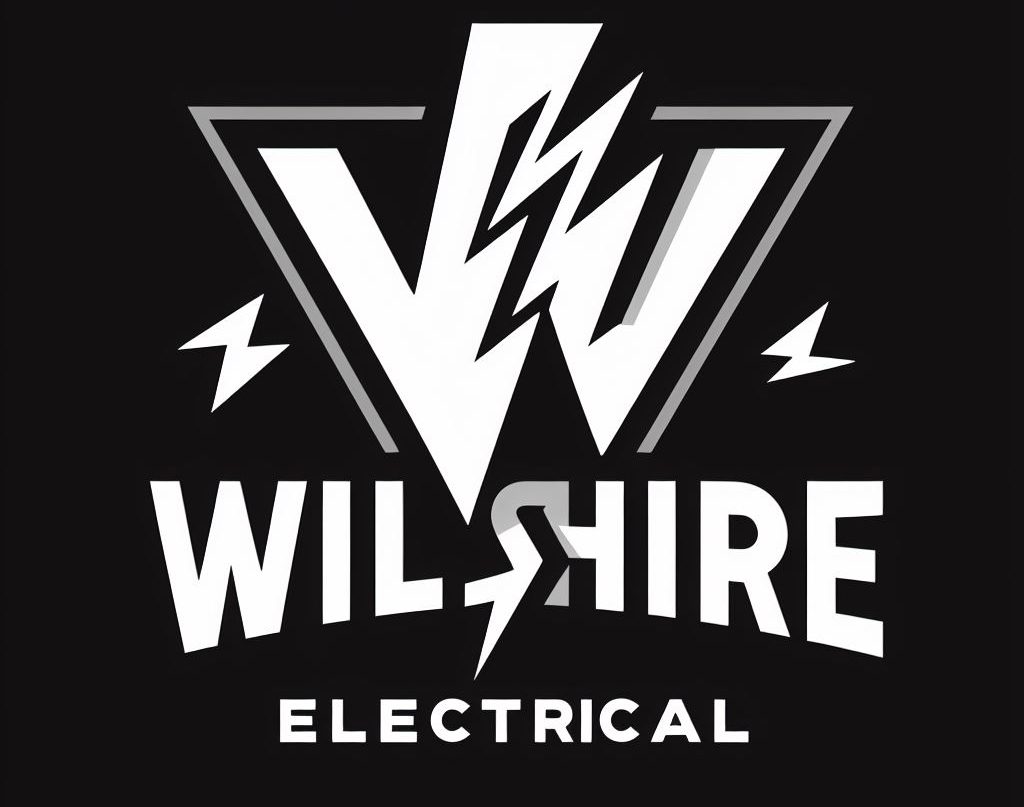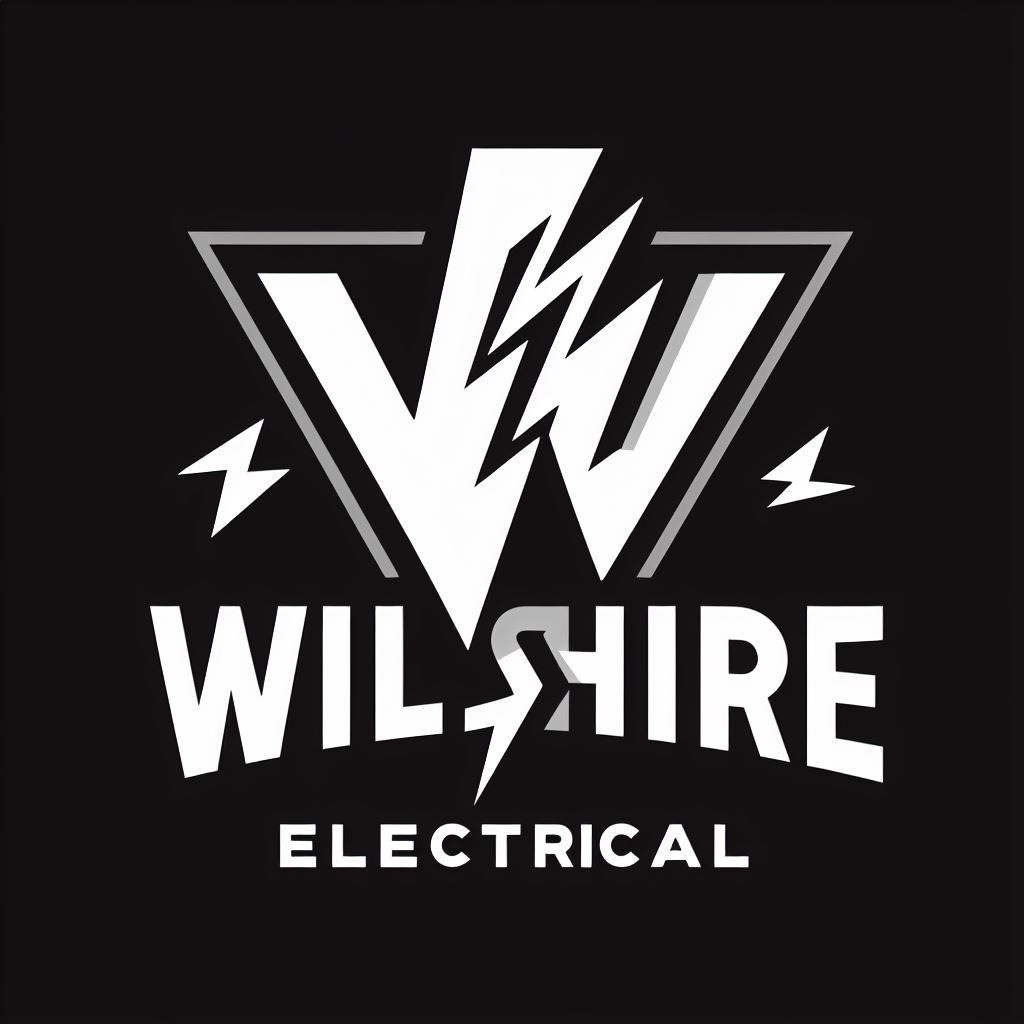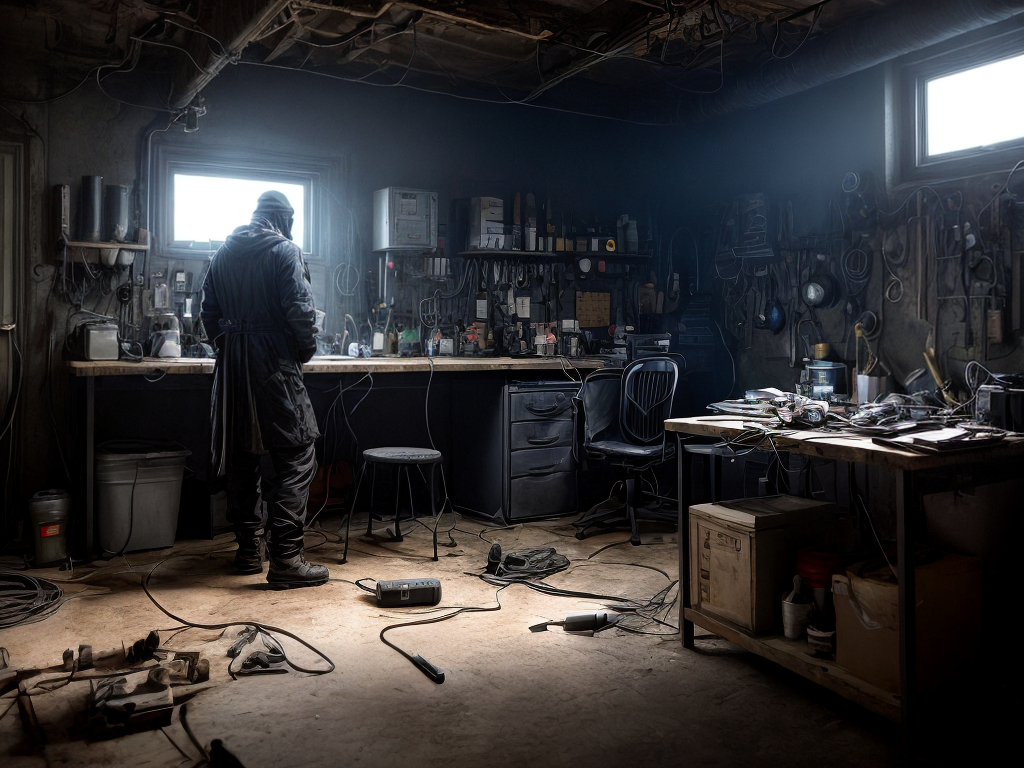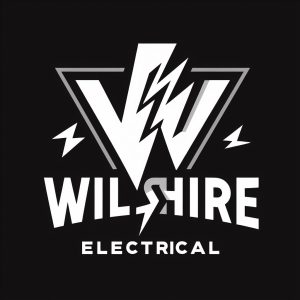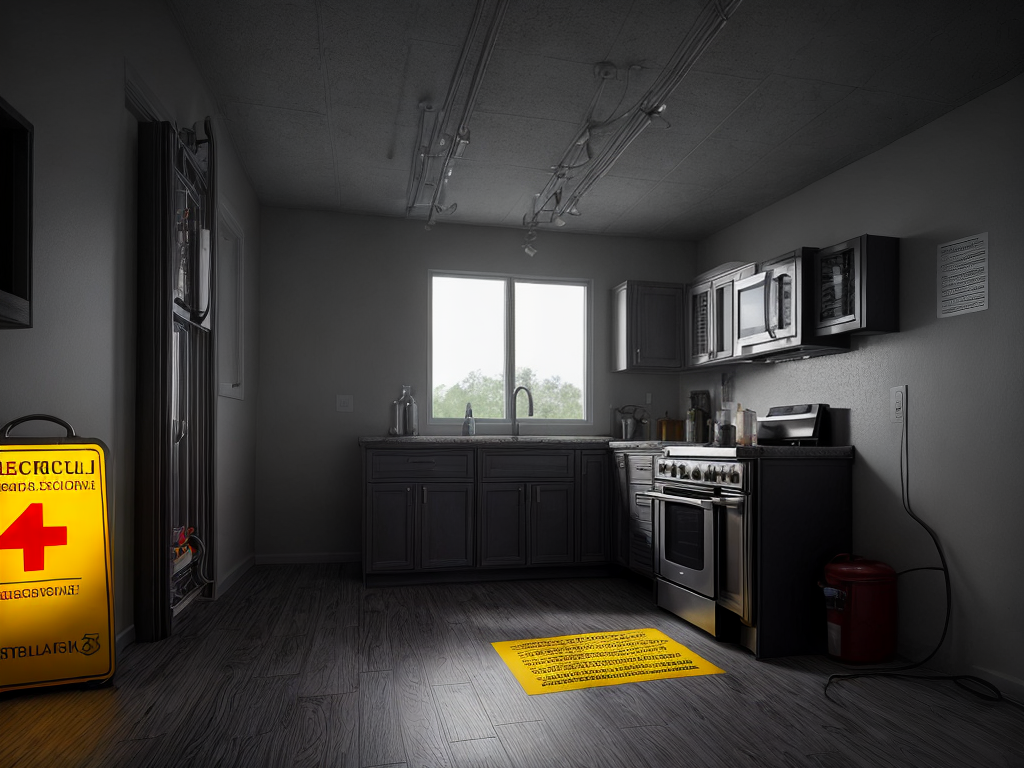
As a homeowner, ensuring the safety of my family and property is my top priority. Electrical safety is a crucial aspect that requires careful attention. Just like a well-placed shield, electrical safety regulations protect us from potential hazards. It is important to understand and comply with these regulations to guarantee safe electrical installations in our homes. In this article, I will explore the crucial electrical safety regulations that all homeowners should be aware of. Let’s dive in and keep our loved ones safe.
Importance of Electrical Safety Regulations
As a homeowner, I understand the crucial importance of following electrical safety regulations to ensure the well-being of my family and the protection of my property. Electrical safety regulations provide numerous benefits that cannot be overlooked. Firstly, they help prevent common electrical safety hazards such as electrical shocks, fires, and electrocution. By following these regulations, I can minimize the risk of accidents and ensure the safety of my loved ones. Additionally, compliance with electrical safety regulations also helps in avoiding costly repairs and damages caused by faulty electrical work. These regulations set standards for proper wiring, installation of switches and sockets, and other electrical components, ensuring that everything is done correctly. By adhering to these regulations, I can have peace of mind knowing that my electrical system is safe and reliable.
Overview of Electrical Safety Building Regulations
I understand that Electrical Safety Building Regulations are essential for ensuring the safety of my home’s electrical installations. These regulations cover various aspects such as wiring, sockets, switches, and other electrical components. Compliance with these regulations is mandatory for all electrical work carried out in homes. Failure to comply can result in fines and enforcement notices. To help you stay safe, here are some common electrical hazards and electrical safety tips for homeowners:
- Common electrical hazards:
- Faulty wiring
- Overloaded circuits
- Damaged electrical appliances
- Electrical safety tips for homeowners:
- Regularly inspect and maintain your electrical system
- Avoid overloading outlets and extension cords
- Hire a qualified electrician for any electrical work
Mandatory Compliance for Electrical Work in Homes
To ensure the safety of my home’s electrical installations, it is crucial that I comply with the mandatory regulations for all electrical work carried out in homes. Electrical safety regulations are in place to protect us from common electrical hazards that can occur in homes. These hazards include faulty wiring, overloaded circuits, improper grounding, and outdated electrical components. By following the regulations, I can prevent electrical shocks, fires, and other accidents. Compliance with these regulations is not only important for my safety but also for the safety of my family and property. It is my responsibility as a homeowner to ensure that any electrical work carried out in my home meets these regulations. By doing so, I can have peace of mind knowing that my electrical system is safe and up to code.
Key Areas Covered by Electrical Safety Regulations
While there are numerous key areas covered by electrical safety regulations, it is essential for homeowners to be aware of the main ones to ensure the safety of their electrical installations. Here are three important aspects homeowners should pay attention to:
- Importance of regular inspections: Regular inspections of electrical installations are crucial to identify any potential hazards or faults. By conducting regular inspections, homeowners can prevent electrical accidents and ensure the efficient functioning of their electrical systems.
- Benefits of hiring a qualified electrician: Hiring a qualified electrician ensures that electrical work is done safely and in compliance with regulations. Qualified electricians have the necessary training and expertise to handle electrical installations, reducing the risk of accidents and ensuring the longevity of the electrical system.
- Compliance with regulations: It is essential for homeowners to understand and comply with electrical safety regulations. Failure to comply can result in fines and enforcement notices. By following the regulations, homeowners can ensure the safety of their electrical installations and protect their property and loved ones.
Options for Obtaining Approval for Electrical Work
Applying for approval from the local authority is one of the options available for obtaining approval for electrical work. However, there are also other avenues to consider. One option is to hire a self-certifying electrical contractor. This can be a preferred route for electrical work, as long as the contractor is registered under a Competent Persons Scheme or Domestic Installers Scheme. They can self-certify the work and provide certification to the homeowner, without involving the local authority. Another option is to apply to the local Building Control for approval. This is typically for work carried out by other electrical installers or for DIY projects. It involves applying for Building Regulation approval, paying the appropriate charge, and having the works inspected by Building Control. They will ensure that the installation and testing procedures are in compliance with the regulations. Building Control officers play a crucial role in ensuring compliance with electrical safety regulations. They are not electricians themselves, but they provide visual checks during the installation process and ensure that the work meets reasonable standards. Ultimately, the responsibility for compliance lies with the person carrying out the electrical work, but the involvement of Building Control officers helps to ensure that the work meets the necessary standards.
The Role of Competent Self Certifying Electrical Contractors
How can competent self-certifying electrical contractors contribute to ensuring electrical safety in homes? Hiring a qualified electrician who is registered under a Competent Persons Scheme or Domestic Installers Scheme can provide several benefits for homeowners. These contractors take on the responsibility of self-certifying the electrical work and providing the necessary certification to the owner. This means that there is no need for involvement from the local authority in the installation and testing process. By hiring a qualified electrician, homeowners can have peace of mind knowing that their electrical installations are being carried out by a professional who understands and follows the relevant safety regulations. The responsibilities of self-certifying electrical contractors include ensuring compliance with the Electrical Safety Building Regulations, conducting safe and reliable installations, and providing certification to the homeowner.
Applying to Building Control for Approval
Fortunately, homeowners can choose to apply to Building Control for approval when carrying out electrical work themselves or hiring other electrical installers. This process is especially important for DIY electrical projects to ensure compliance with the Building Regulations. By applying for Building Control approval, homeowners can have their electrical installations inspected and tested by professionals to ensure they meet the required standards. To engage the audience, here is a table summarizing the Building Control approval process for DIY electrical projects:
| Step | Description |
|---|---|
| 1 | Apply for Building Regulation approval |
| 2 | Pay the appropriate charge |
| 3 | Have the works inspected by Building Control prior to plastering |
| 4 | Obtain and send installation and test certificates to Building Control |
| 5 | Undergo a completion inspection to check compliance with regulations |
Following this process will help homeowners ensure the safety and compliance of their electrical work.
Enforcement of Electrical Safety Regulations and Consequences
The homeowner is responsible for ensuring compliance with the electrical safety regulations, and failing to do so can result in enforcement notices and heavy fines. It is crucial to understand the consequences of non-compliance and the responsibility for ensuring compliance. Here are some key points to consider:
- Enforcement notices: If the electrical work does not meet the required safety standards, an enforcement notice may be served. This notice will outline the necessary actions to be taken to rectify the non-compliance.
- Heavy fines: Non-compliance with the electrical safety regulations can lead to hefty fines. These fines are imposed to encourage homeowners to prioritize the safety of their electrical installations.
- Responsibility for ensuring compliance: The primary responsibility for compliance lies with the person carrying out the electrical work. It is essential to hire a qualified and competent electrical contractor who is familiar with the regulations and can ensure that the work is done correctly and safely.
